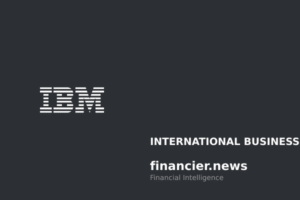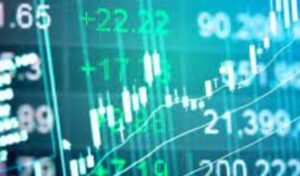$ASX $GQG $UBSG
#Adani #AdaniGroup #GQG #Stocks #MarketUpdate #UBS #Downgrade #Investment #SharePrice #Australia #FinancialNews #StockMarket
Shares of GQG Partners have taken a significant hit, plunging over 15% in a steep sell-off after Swiss banking giant UBS downgraded the stock and slashed its target price. The downgrade, which altered sentiment among investors, is UBS’s first on the stock since its listing. UBS revised its price target for GQG from AU$3.30 to AU$2.30, a notable reduction that reflects mounting concerns over valuation and earnings potential. This sharp correction sent shockwaves across markets, prompting a flurry of sell orders from institutional and retail investors alike.
The selling pressure is likely attributable to investor reevaluation of GQG’s position amid tightening market conditions and heightened macroeconomic uncertainty. UBS’s downgrade has sparked broader concerns over the firm’s exposure to heightened volatility within the equity markets, especially in light of its investments tied to the Adani Group. GQG Partners had drawn attention earlier for its significant stake in Adani-linked companies, a move that initially seemed to promise high returns. However, recent scrutiny surrounding the Adani Group and short-seller allegations has increased risks tied to such holdings, which may have fueled UBS’s reassessment.
Investor confidence in GQG has also been shaken by the reduced target price, as it signals challenges for the firm to meet analyst expectations in the face of slowing capital inflows. With headwinds such as reduced investor appetite for risk assets and rising interest rates, the precipitous drop in GQG’s stock offers a sobering reminder of the heightened sensitivity within the financial sector. Moreover, UBS’s note suggests there could be lingering risks around GQG’s broader investment portfolio, which may underperform if the bearish sentiment surrounding emerging markets persists.
The market reaction underscores not just the importance of analyst recommendations but also the fragility of stocks tied to shifting global dynamics and investor sentiment. GQG’s portfolio, which leans on high-growth yet controversial entities like Adani, may need to diversify more aggressively to mitigate further downside risks. While GQG can recover over the medium term if broader equity markets stabilize, today’s performance reveals the acute vulnerability of funds strongly tied to contexts under intense scrutiny. Investors may now be inclined to analyze GQG’s portfolio allocations more critically, a move that could further pressure its near-term price performance.











Comments are closed.